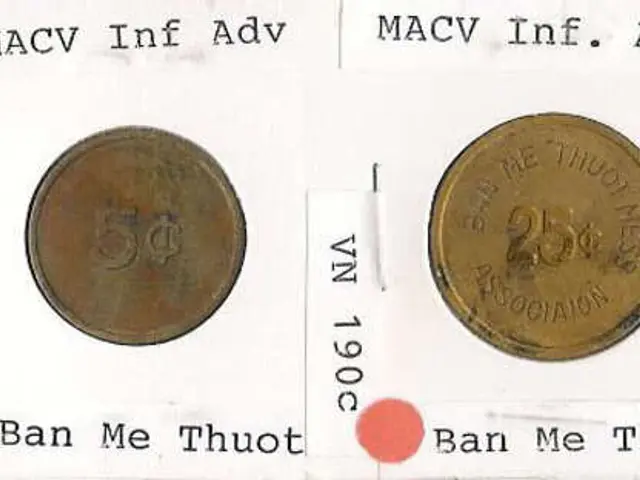Data Protection Authorities: Guardians of Privacy and Trust
Data protection authorities (DPAs) are independent bodies that safeguard personal data and ensure compliance with data protection laws. They play a pivotal role in maintaining consumer trust and upholding privacy standards.
DPAs possess wide-ranging powers. They can grant approvals for high-risk data processing activities and ensure organizations follow best practices. They also manage data breaches, overseeing notifications and response protocols. DPAs foster a culture of awareness through public campaigns, educating individuals about their data protection rights and responsible data practices.
DPAs are crucial for enforcing data privacy regulations. They investigate potential violations, impose sanctions, and offer guidance to both public and private sectors. In the EU, DPAs are responsible for enforcing the General Data Protection Regulation (GDPR) and national data protection laws. Each EU member state has its own DPA, working together to maintain a consistent approach to data protection.
DPAs are vital for protecting personal data and ensuring compliance with data protection regulations. Their work is crucial for maintaining consumer trust and upholding data privacy standards. Organizations must comply with data privacy regulations to avoid legal penalties and maintain a positive reputation.
Read also:
- Web3 social arcade extends Pixelverse's tap-to-earn feature beyond Telegram to Base and Farcaster platforms.
- Germany's Customs Uncovers Wage, Immigration Violations in Hotel Industry
- U.S. & China Agree to Temporary Trade Truce, Easing Tariffs
- FKS Inspections Uncover Wage, Security, and Employment Violations in Hotel and Catering Industry








